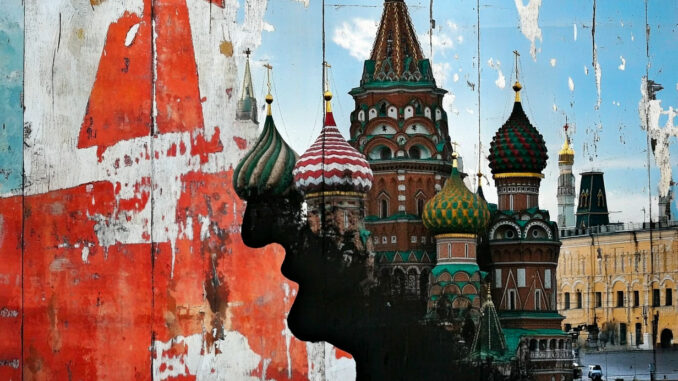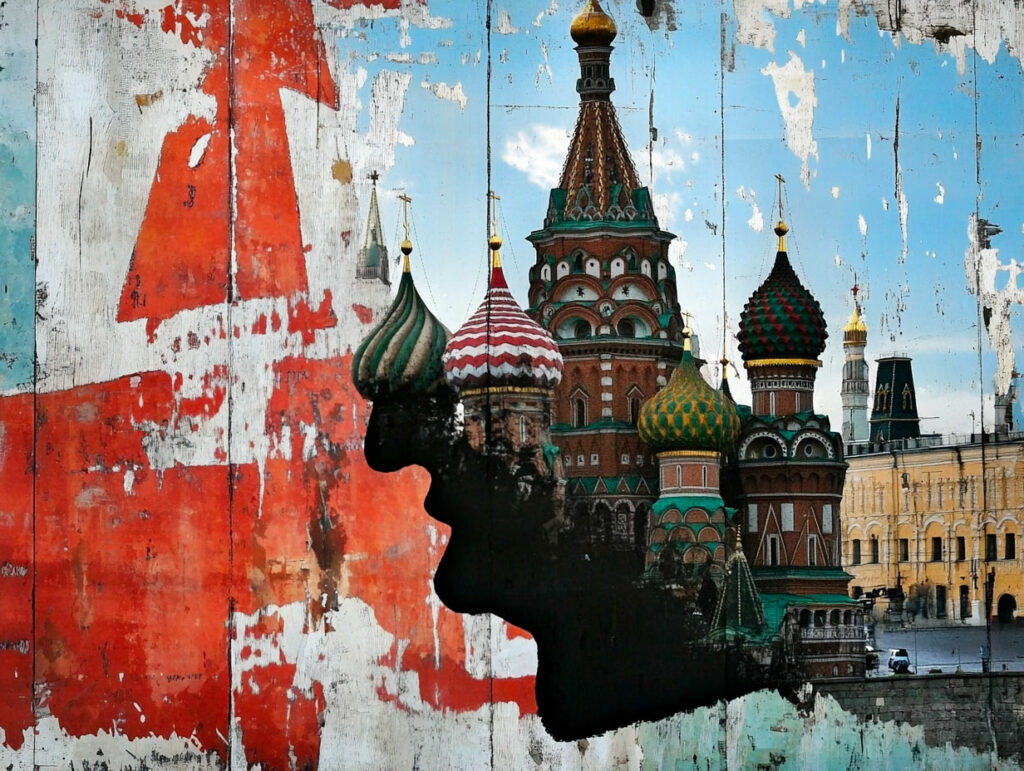
The war in Ukraine is amplifying corruption in Russia, fueled by an increase in the military budget to 6% of GDP and scandals within the government.
Since 2022, the war in Ukraine has transformed Russia’s military budget, reaching 6% of GDP in 2024, up from 2.7% in 2021. This massive increase has created opportunities for large-scale corruption. Several high-ranking officials have been arrested for embezzlement, revealing a system based on embezzlement of public funds and blackmail orchestrated at the highest level of government. These scandals come at a time when Russia is facing significant human and financial losses, calling into question the country’s long-term economic viability.
An explosion in the military budget and opportunities for corruption
Since the start of the war in Ukraine, Russia’s military budget has risen dramatically, from 2.7% of GDP in 2021 to 6% in 2024, or around 110 billion euros. The government plans to allocate almost 30% of its national budget to military spending in the coming years.
This budgetary expansion has created fertile ground for corruption. Priority projects, such as the reconstruction of the port of Marioupol, have been awarded with little financial control. The city, heavily destroyed by the fighting, required massive investment. However, many of the funds allocated appear to have been misappropriated by officials, according to accusations made against a former deputy defense minister.
Lack of transparency and shortcomings in the supervision of spending have contributed to this embezzlement. Military contracts, often awarded to those close to the government, exacerbate a system in which public resources are used to enrich an elite protected by networks of influence and blackmail.
Corruption scandals: a deeply rooted system
The recent arrests of senior officials, including a personnel director in the Ministry of Defense, illustrate the depth of corruption in Russia. These scandals are not isolated, but reflect an institutionalized system.
In this model, corruption plays a dual role: it serves as a tool to maintain loyalty to Vladimir Putin and his allies, while eliminating those who do not toe the line of power. Officials are often chosen on the basis of their personal vulnerabilities, enabling greater control through blackmail. This practice guarantees total subordination, while limiting the scope for internal dissent.
The scale of the problem can be seen in the ostentatious possessions displayed by some officials, such as yachts valued at several hundred million euros and watches costing several years’ official salaries. These excesses exacerbate the discontent of a population suffering from the economic consequences of war.

The war’s economic and social impact
The human and economic costs of the war in Ukraine are exacerbating internal tensions in Russia. Since 2022, nearly a million Russian soldiers have been killed, reported missing or seriously wounded, leaving families bereaved and furious with the state.
The war effort is also draining the economy. The military budget eats up crucial resources, reducing investment in civilian sectors. This model is reminiscent of the Soviet Union, where military spending equivalent to 15% of GDP led to economic collapse in 1991.
Experts believe that a similar trajectory could emerge if corruption and uncontrolled spending remain unchecked. Capital flight, international sanctions and investor mistrust further worsen the country’s economic outlook.
Political and strategic consequences
The recent arrests, although presented as a fight against corruption, seem to have more to do with internal rivalries and power struggles. The dismissal of Sergei Shoigu, the long-serving Minister of Defense, and his replacement after Putin’s re-election in 2024, illustrate a desire to reassert control over the army in a context of crisis.
This internal instability weakens Russia’s ability to wage a protracted war. Scandals erode trust between institutions and limit the effectiveness of military operations. Moreover, diverted resources deprive the army of the equipment and infrastructure needed to meet the challenges on the ground.
The war in Ukraine exposes the systemic flaws in Russian governance. The massive increase in the military budget has enriched a corrupt elite, while amplifying social and economic tensions. If this model persists, it could accelerate an economic crisis comparable to that which led to the collapse of the Soviet Union. For Russia, the stakes are not only military, but also long-term stability.
War Wings Daily is an independant magazine.